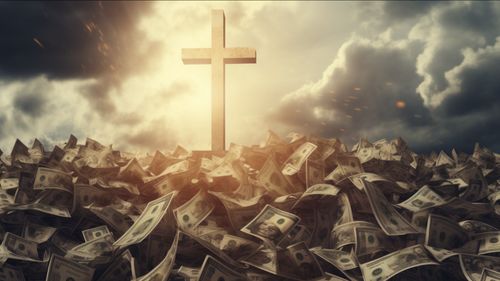'Devil on the Cross' summary: Ngugi wa Thiong'o's Riveting Story of Greed & Redemption
Feb 07, 2024 · 2 mins read
0
Share

"Devil on the Cross" by Ngugi wa Thiong'o is a searing critique of capitalism set in postcolonial Kenya. It's a story that dives deep into the heart of societal corruption, greed, and the struggle for redemption.
Save
Share
Ngugi wrote this novel originally in Gikuyu, a bold move to embrace African languages and resist cultural imperialism. It's a testament to the power of language as a tool of liberation.
Save
Share
The protagonist, Wariinga, is a young woman navigating a world marred by exploitation. Her journey is a metaphor for Kenya's struggle against neocolonial forces.
Save
Share
The novel's narrative is driven by a unique device: a Gicaandi player, blending traditional storytelling with modern critique. This fusion underscores the clash between tradition and the forces of modernity.
Save
Share
At its core, the book hosts a "Devil's Feast," a symbolic gathering of Kenya's elite who thrive on corruption. This feast is a vivid depiction of how societal vices are celebrated and normalized.
Save
Share
Wariinga's recurring dream of the Devil being crucified is a powerful motif. It symbolizes the potential for evil to be overcome, yet also reflects the complexity of identifying and confronting that evil.
Save
Share
Ngugi's characters are richly drawn, from the disillusioned Wariinga to the opportunistic figures of the elite. Each character embodies aspects of the societal ills Ngugi critiques.
Save
Share
The novel was penned while Ngugi was imprisoned, written on toilet paper as an act of defiance. This backstory adds a layer of resilience and urgency to its message.
Save
Share
"Devil on the Cross" challenges readers to question the nature of development and progress. It posits that theft and exploitation are often masked as economic advancement.
Save
Share
Ultimately, Ngugi's work is a call to action. It urges a reevaluation of values and a collective effort to reclaim society from the clutches of greed and corruption. It's a reminder that change is possible, but it requires courage and solidarity.
Save
Share
0